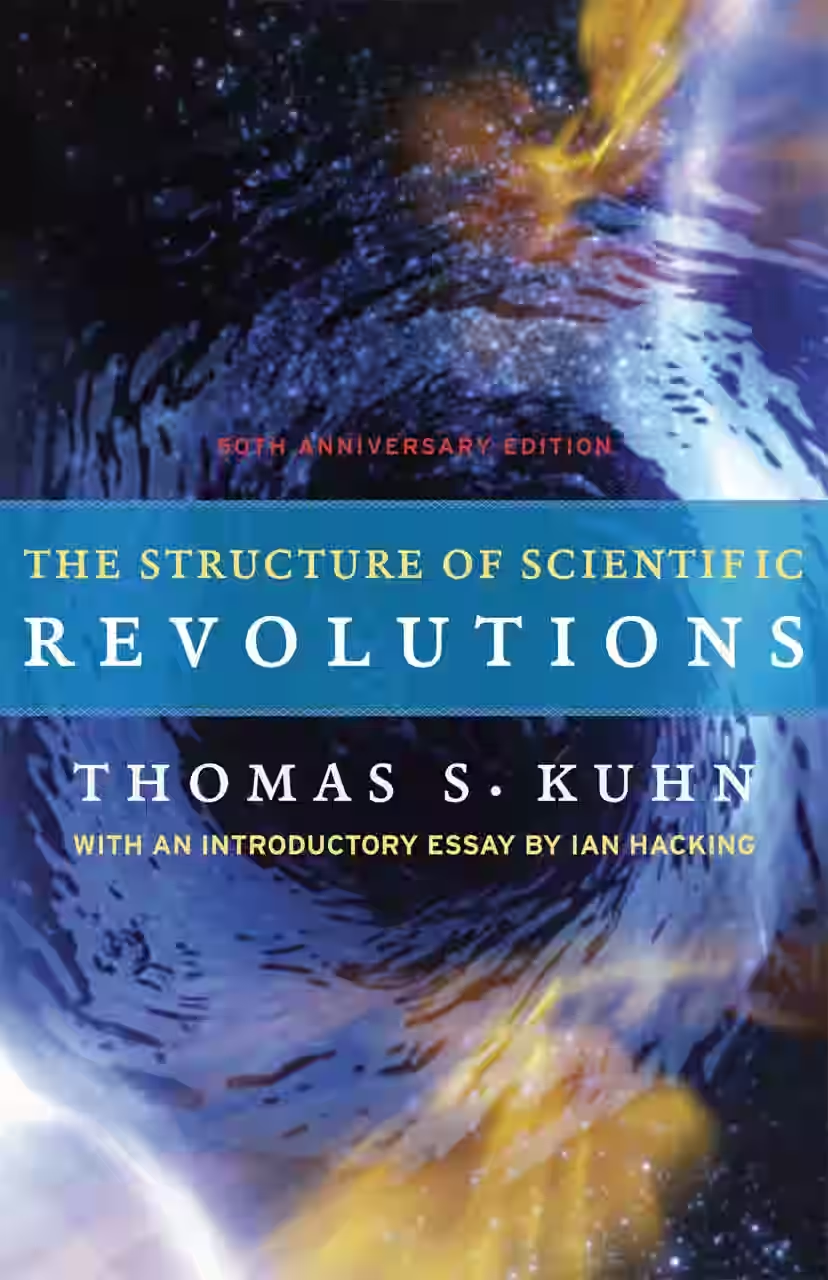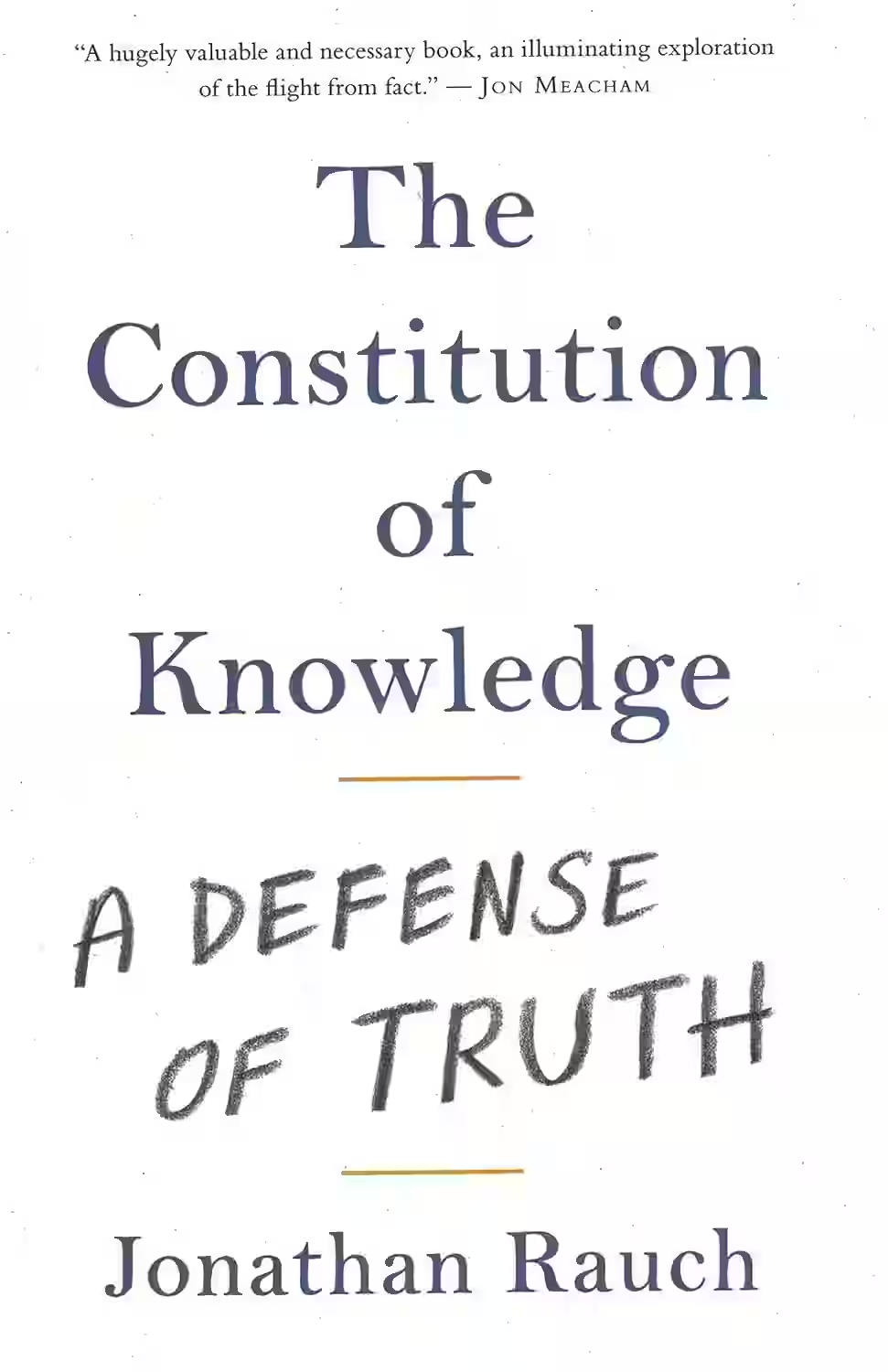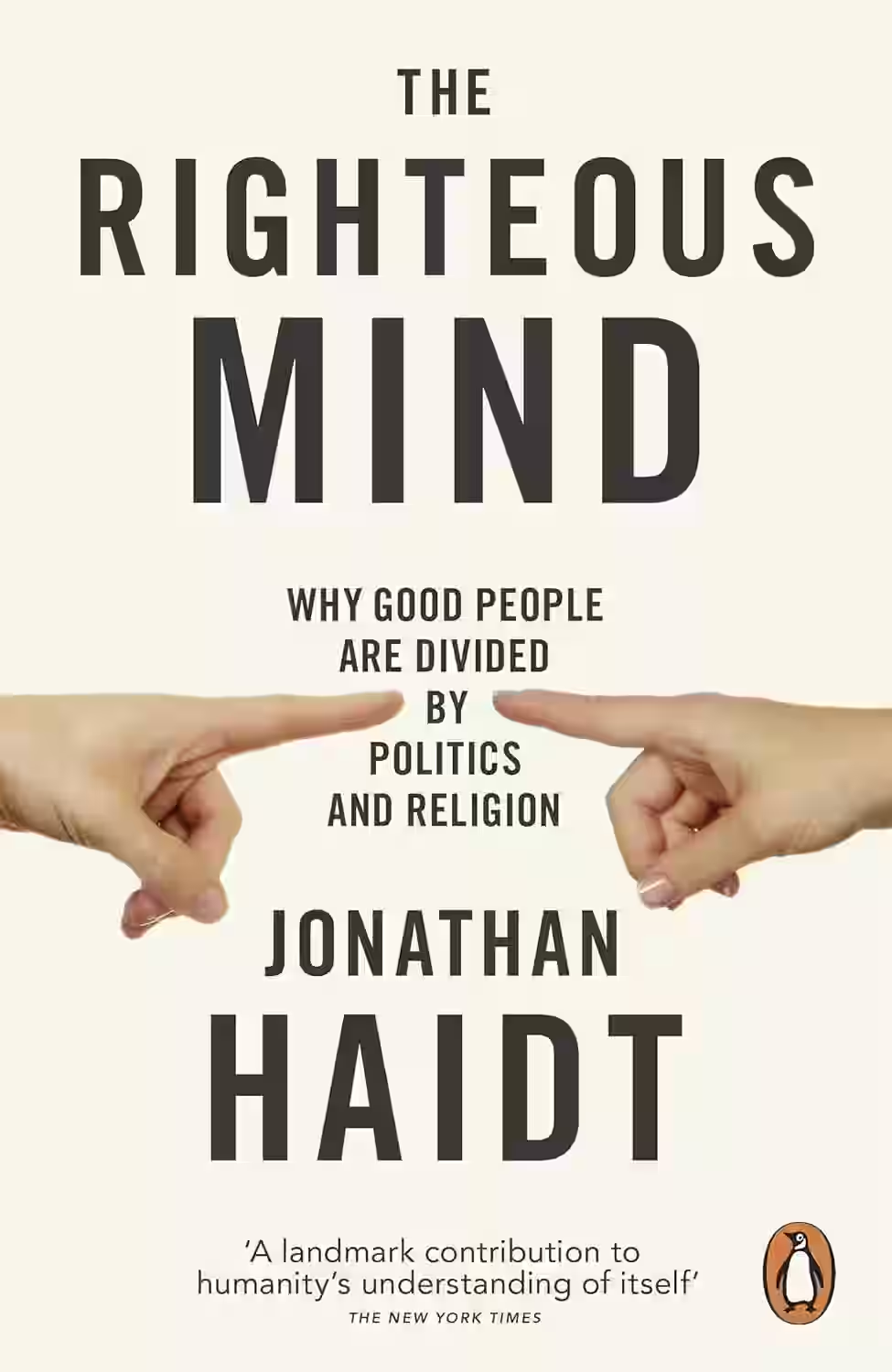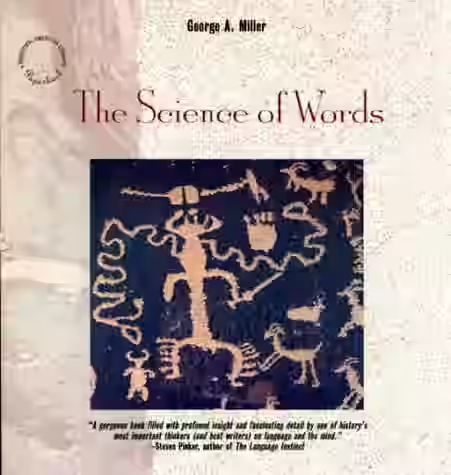
Kuhn’s seminal work revolutionized how we understand science. He argues that scientific progress doesn’t occur gradually, but through paradigm shifts—periods of radical change in fundamental frameworks. Normal science operates within accepted paradigms until anomalies accumulate, prompting a crisis and eventual revolution. Kuhn uses historical case studies to illustrate this cycle, challenging the belief in linear scientific advancement. First published in 1962, The Structure of Scientific Revolutions has had a lasting impact on the philosophy of science, influencing fields from sociology to history. It remains essential reading for anyone seeking to understand how scientific knowledge evolves.
About Thomas S. Kuhn
Thomas S. Kuhn was a physicist-turned-philosopher whose work transformed the understanding of scientific progress. Best known for The Structure of Scientific Revolutions, he introduced the concept of “paradigm shifts” to describe how scientific breakthroughs disrupt established theories. Kuhn taught at institutions like Harvard, Princeton, and MIT, influencing generations of scholars in philosophy, sociology, and science. His theory challenged the idea of linear progress in science, suggesting instead that revolutions and periods of normal science alternate in shaping knowledge. Kuhn’s legacy endures in academic discourse, where his ideas remain foundational in debates about the evolution of scientific thought.
Similar Books

The Constitution of Knowledge
In The Constitution of Knowledge, Jonathan Rauch defends the epistemic institutions—science, journalism, academia—that uphold truth in democratic societies. He explores how norms like open debate, peer review, and fact-checking serve as a “constitution” governing the marketplace of ideas. Amid rising disinformation and tribal polarization, Rauch argues for preserving this knowledge system through free speech, tolerance, and intellectual humility. Blending political philosophy, history, and media studies, the book is both a defense and a roadmap for safeguarding truth in a digital age. It's an essential read for anyone concerned about democracy, truth, and the future of civil discourse.

The Righteous Mind
In 'The Righteous Mind,' Jonathan Haidt delves into the psychological roots of morality, arguing that our moral judgments are primarily based on intuition rather than reasoning. Haidt explores how our political and social beliefs are influenced by our moral foundations, challenging readers to consider differing perspectives with empathy and understanding. Through engaging anecdotes and thought-provoking research, he presents a compelling case for the importance of moral diversity in society. This book offers profound insights into the complexities of human morality and provides a roadmap for bridging ideological divides. 'The Righteous Mind' is a must-read for anyone seeking to grasp the fundamental forces shaping our beliefs and behavior.

The Science of Words
In The Science of Words, cognitive psychologist George A. Miller offers an accessible look into how language works—from meaning and memory to syntax and speech. Drawing on decades of research in psycholinguistics, he explores how people learn, process, and produce words. Miller explains the relationships between language and thought, covering topics like categorization, semantic networks, and ambiguity. The book bridges linguistics and psychology, showing how language reflects and shapes the human mind. It's a foundational work for understanding language acquisition, cognitive science, and the nature of communication. Clear and engaging, it’s ideal for students and curious readers alike.

Man’s Search for Meaning
In this profound memoir and psychological exploration, Holocaust survivor Viktor Frankl shares his harrowing experiences in Nazi concentration camps and the insights he gained. Central to the book is Frankl’s belief that even in the most inhumane conditions, individuals can endure by finding meaning in their suffering. He introduces logotherapy, his psychotherapeutic method focused on the pursuit of meaning as a primary human drive. Frankl’s reflections blend personal resilience with deep philosophical and spiritual questions, making the book a timeless meditation on hope, purpose, and the human capacity to transcend hardship in search of something greater.